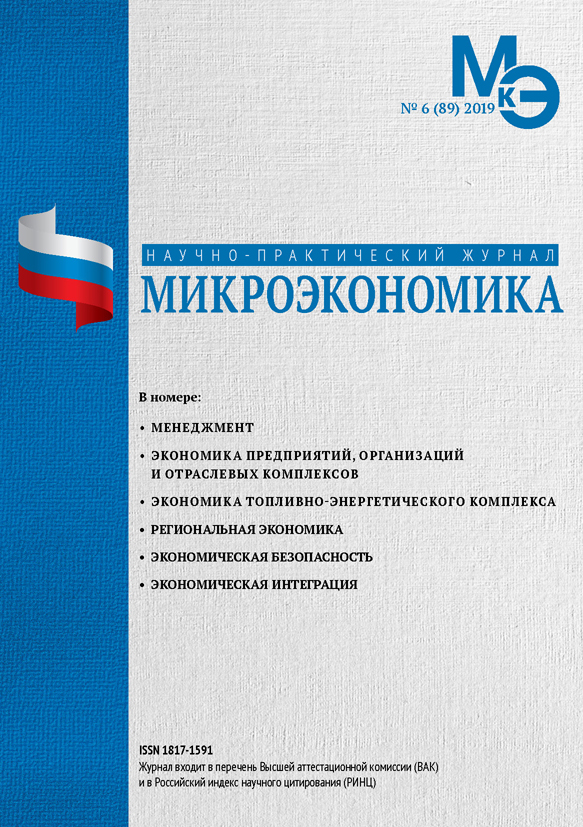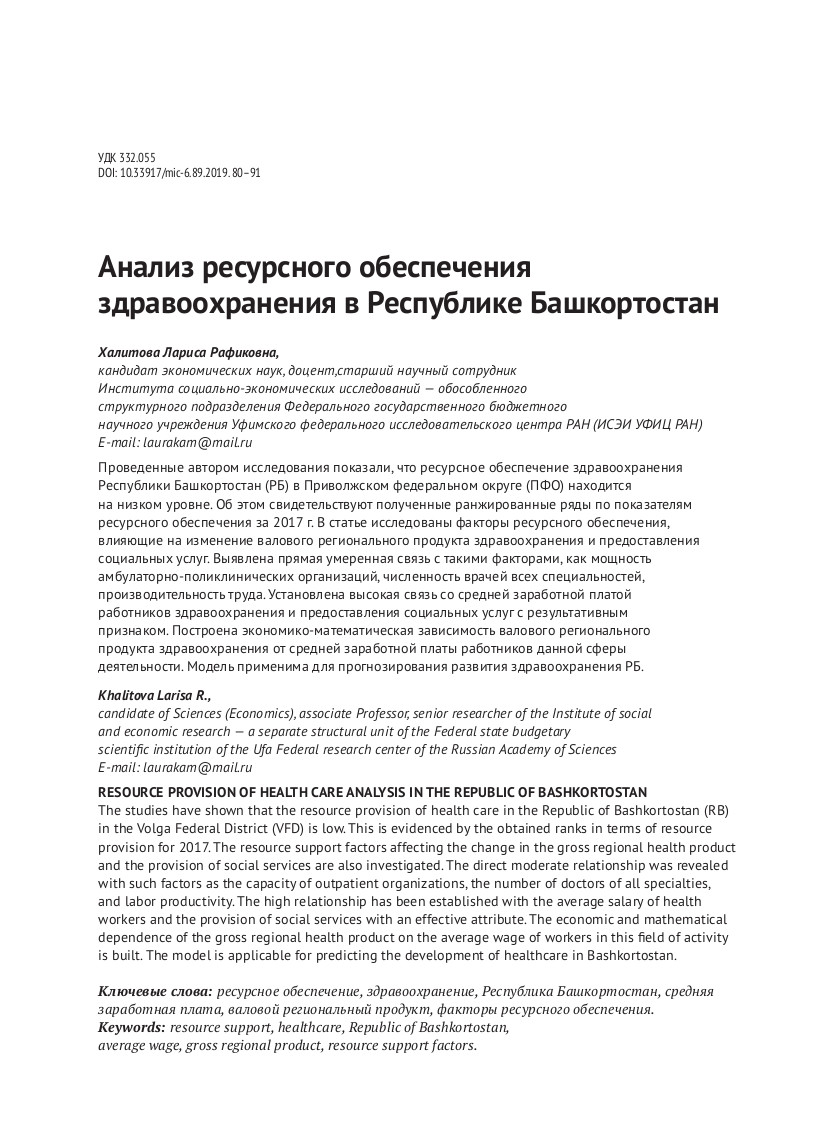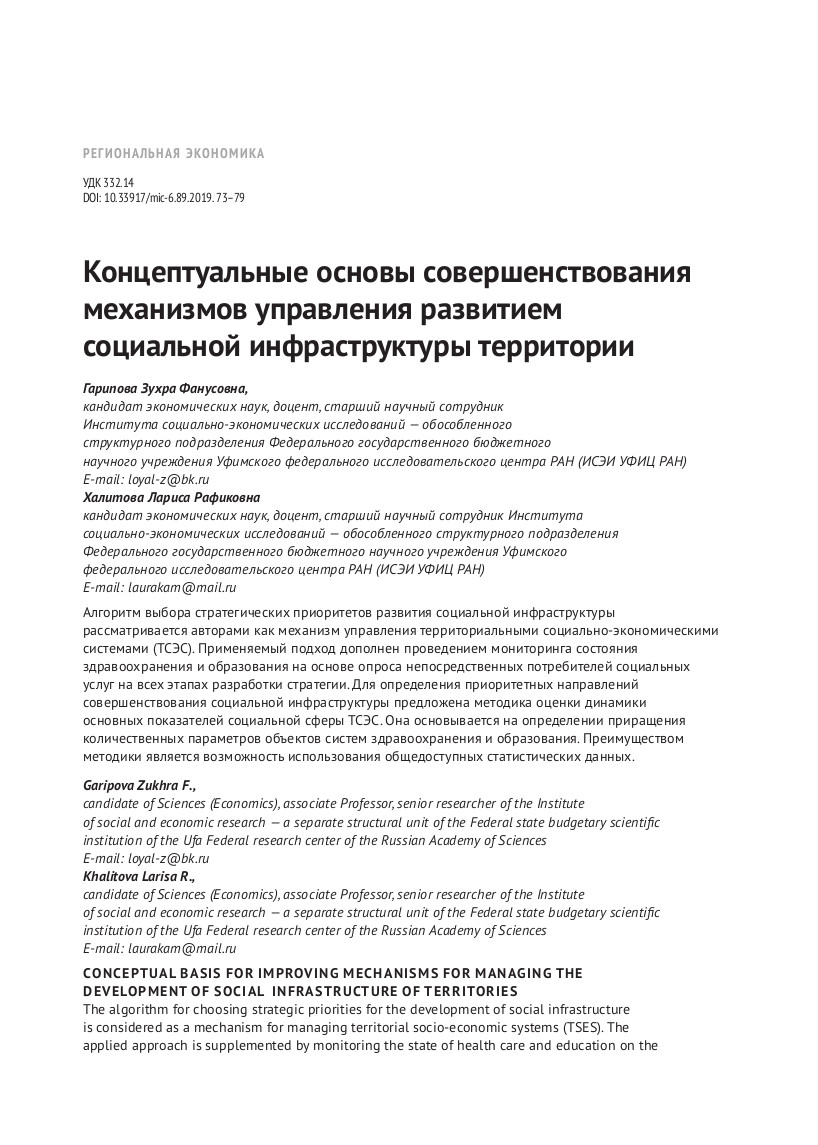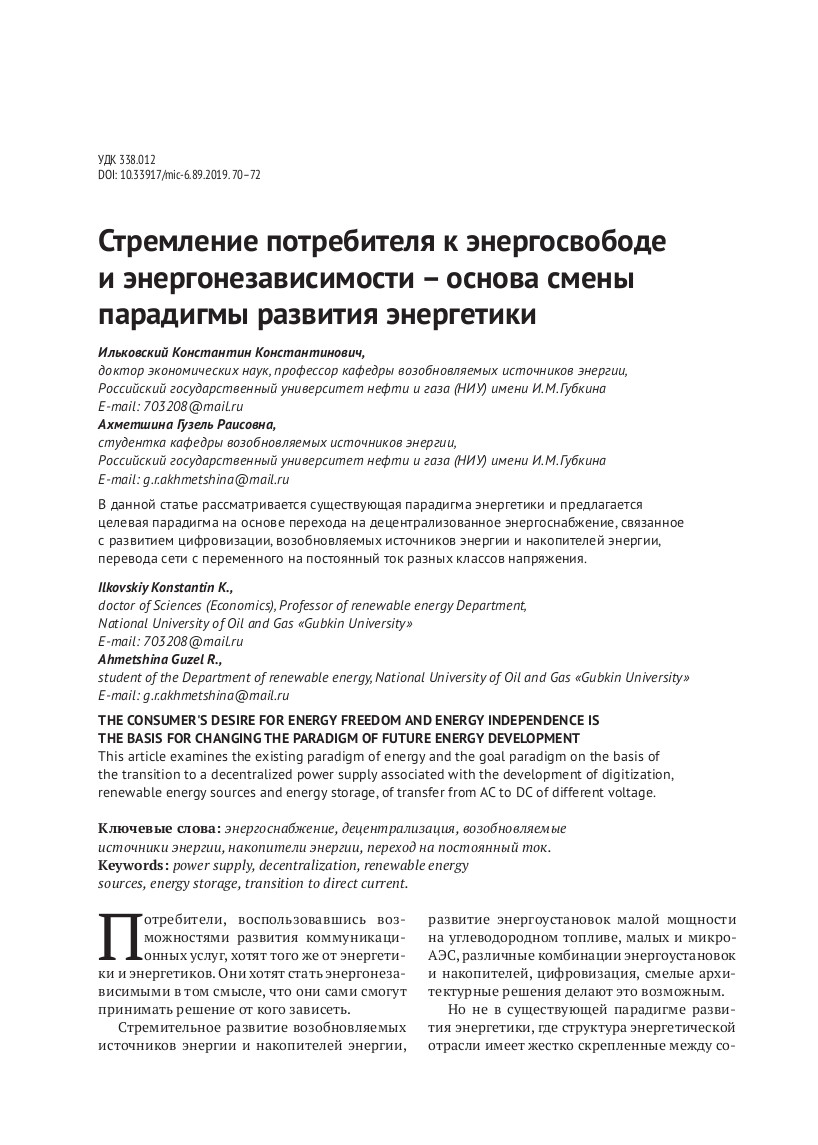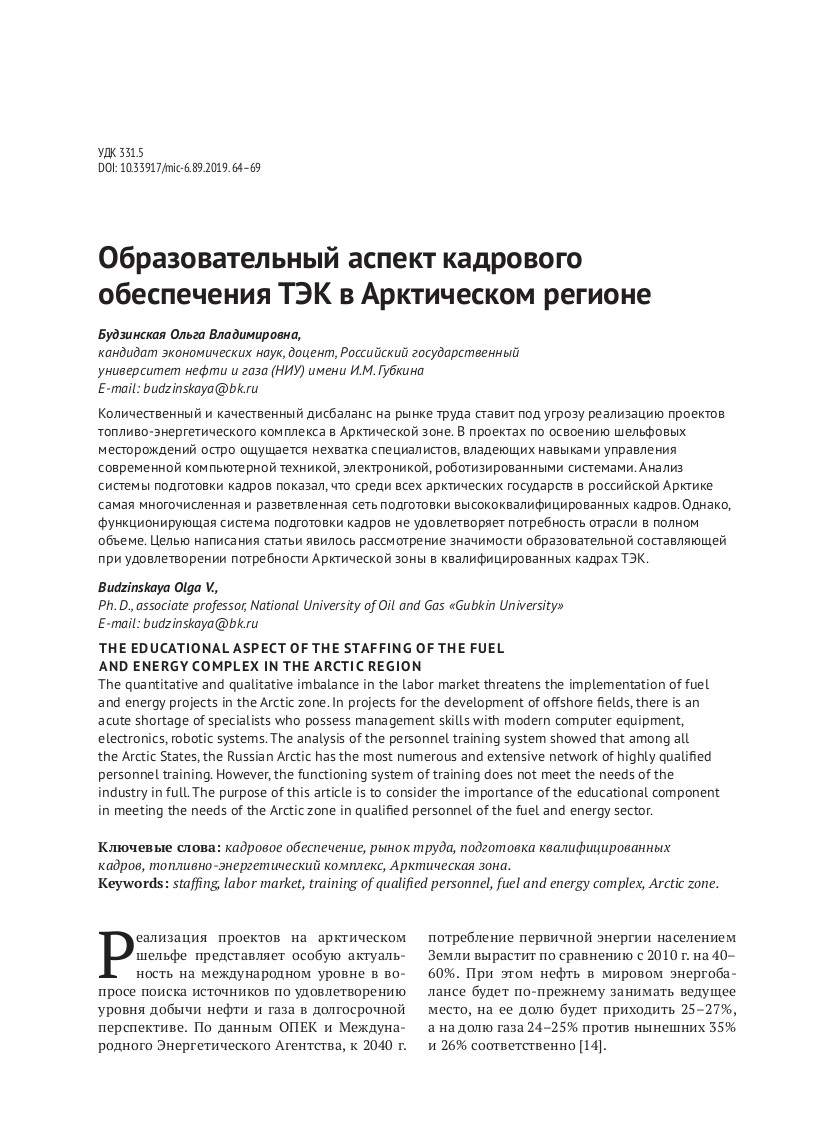Resource provision of health care analysis in the republic of Bashkortostan
DOI: 10.33917/mic-6.89.2019.80-91
The studies have shown that the resource provision of health care in the Republic of Bashkortostan (RB) in the Volga Federal District (VFD) is low. This is evidenced by the obtained ranks in terms of resource provision for 2017. The resource support factors affecting the change in the gross regional health product and the provision of social services are also investigated. The direct moderate relationship was revealed with such factors as the capacity of outpatient organizations, the number of doctors of all specialties, and labor productivity. The high relationship has been established with the average salary of health workers and the provision of social services with an effective attribute. The economic and mathematical dependence of the gross regional health product on the average wage of workers in this field of activity is built. The model is applicable for predicting the development of healthcare in Bashkortostan.


